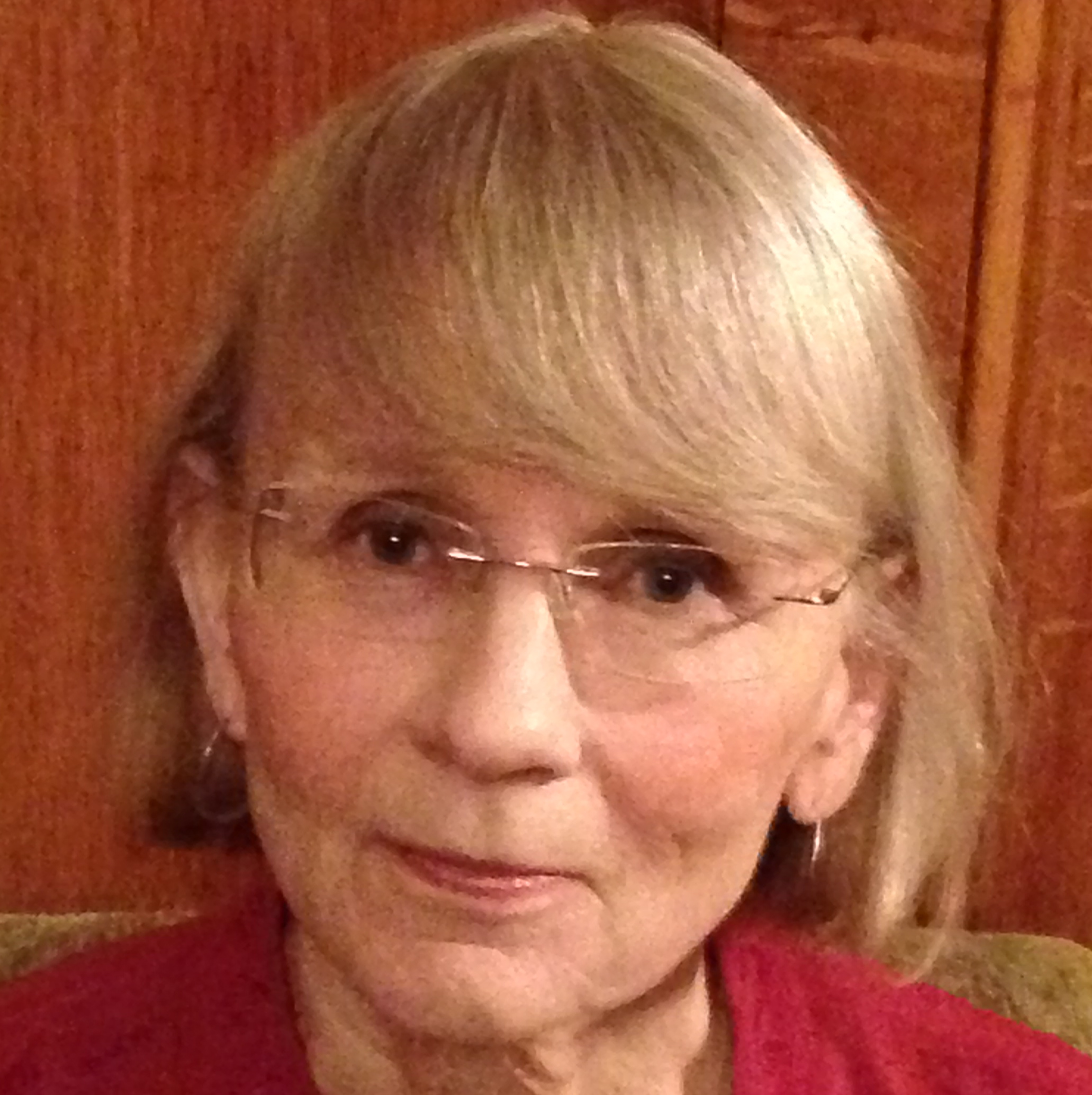Keynotes
Keynote 1: What needs to develop in the development of scientific thinking?
Abstract: Since the pioneering work of Inhelder and Piaget (1958) and until fairly recently, research on the development of scientific thinking has focused narrowly on students' mastery of control of variables and rudimentary experimental design. Scientific thinking is central to science, certainly, but not specific to it. Here I argue for the need for a broader, more comprehensive approach to what develops and what needs to develop in the development of scientific thinking.
Presenter:
 |
Dr. Deanna Kuhn, Teachers College, Columbia University (New York, USA) |
Bio: Deanna Kuhn is professor of psychology and education at Teachers College Columbia University. She holds a Ph.D. from University of California, Berkeley, in developmental psychology. She has been editor of the journal Cognitive Development, editor of the journal Human Development, and co-editor of the last two editions of the Cognition, Perception and Language volume of the Handbook of Child Psychology. She has published widely in psychology and education, in journals ranging from Psychological Review to Harvard Educational Review. She is an author of 4 major books -- The development of scientific thinking skills, The skills of argument, Education for thinking, and, most recently, Argue with me: Argument as a path to developing students’ thinking and writing. Her research is devoted to identifying and determining how best to nurture the intellectual skills that will prepare young people for lifelong learning, work, and citizenship.
Keynote 2: Collaborative Reasoning in Massive Open Online Courses
Abstract: Research on Massively Open Online Courses (MOOCs) is an emerging area for real world impact of technology for analysis of social media at a large scale. Automated analyses enable context-sensitive interventions that offer just-in-time support where it is needed. In our MOOC research we have developed both theory-driven metrics using supervised machine learning to analyze such constructs as motivation, cognitive engagement, confusion, attitude towards course affordances, relationship building, and relationship loss as well as bottom-up exploratory techniques using lightly supervised probabilistic graphical models. In this talk I will focus specifically on analysis of collaborative reasoning in problem solving MOOCs (e.g., computer programming or math courses) and how survival analyses using both bottom-up and theory-driven approaches point to the important role of collaborative reasoning in a MOOC context in keeping students over time. I will report on interventions adapted from classroom studies of computer-supported collaborative learning that were developed to provide more opportunities for such experiences in the MOOCs.
Presenter:
 |
Dr. Carolyn Rosé, School of Computer Science at Carnegie-Mellon University (Pittsburgh, USA) |
Bio: Dr. Carolyn Rosé is an Associate Professor of Language Technologies and Human-Computer Interaction in the School of Computer Science at Carnegie Mellon University. Her research program is focused on better understanding the social and pragmatic nature of conversation, and using this understanding to build computational systems that can improve the efficacy of conversation between people, and between people and computers. In order to pursue these goals, she invokes approaches from computational discourse analysis and text mining, conversational agents, and computer supported collaborative learning. She serves on the executive committee of the Pittsburgh Science of Learning Center and the co-leader of its Social and Communicative Factors of Learning research thrust. She also serves as President Elect of the International Society of the Learning Sciences. She serves as Associate Editor of the International Journal of Computer Supported Collaborative Learning and the IEEE Transactions on Learning Technologies.
Keynote 3: Integrative Argumentation: A Research Program and Agenda
Abstract: Integrative arguments address counterarguments through refutations, weighing, or creative designing. This talk will discuss the importance of integrative argumentation to social and scientific reasoning and decision making. The talk will also address how the concept of integrative arguments evolved from my prior work on helping students generate counterarguments, and the relationship to prior work by Leitão and others. The various manifestations this concept can take in different subject domains (including science), and the implications for measurement (i.e., coding) and future research endeavors, will also be examined.
Presenter:
 |
Dr. E. Michael Nussbaum, Department of Educational Psychology and Higher Education, University of Nevada, Las Vegas (USA) |
Bio: Dr. E. Michael Nussbaum is the Director of the Learning and Technology Program at the University of Nevada, Las Vegas., and a professor in the Department of Educational Psychology and Higher Education. He holds a Ph.D. in Educational Psychology from Stanford University (1997). He has researched issues in argumentation and education for the last 20 years, specifically those related to science and socio-scientific issues such as climate change. (He recently also led development of a NSF-funded educational computer game on climate change called Losing the Lake.) In addition to these substantive interests, he has written on methodological and statistical issues related to argumentation, and recently published a textbook called Categorical and Nonparametric Data Analysis: Choosing the Best Statistical Technique (2015; Taylor and Francis).

